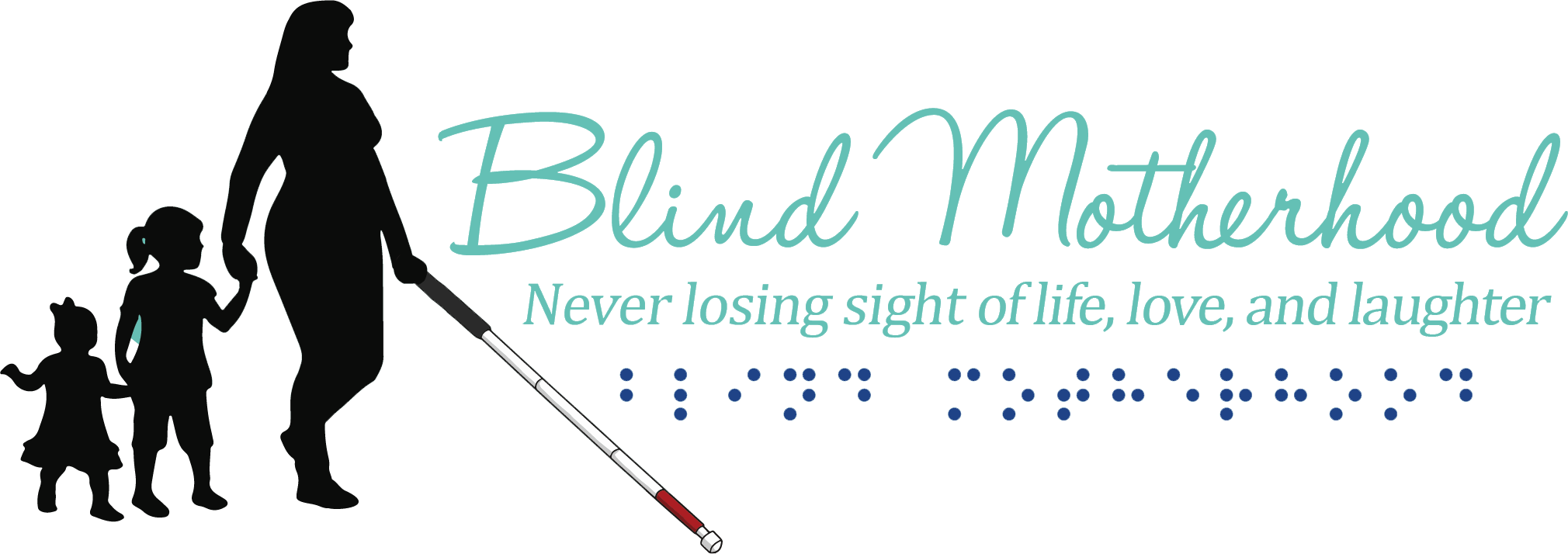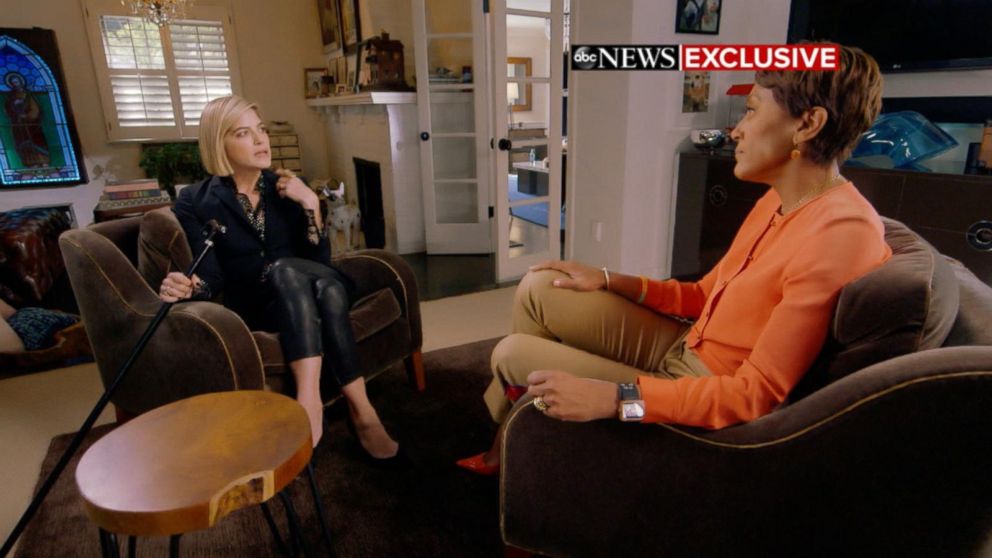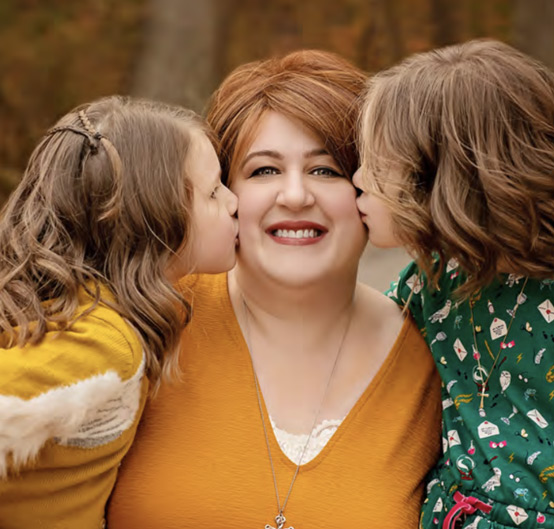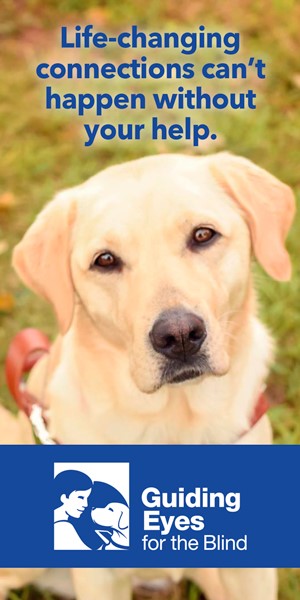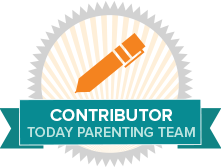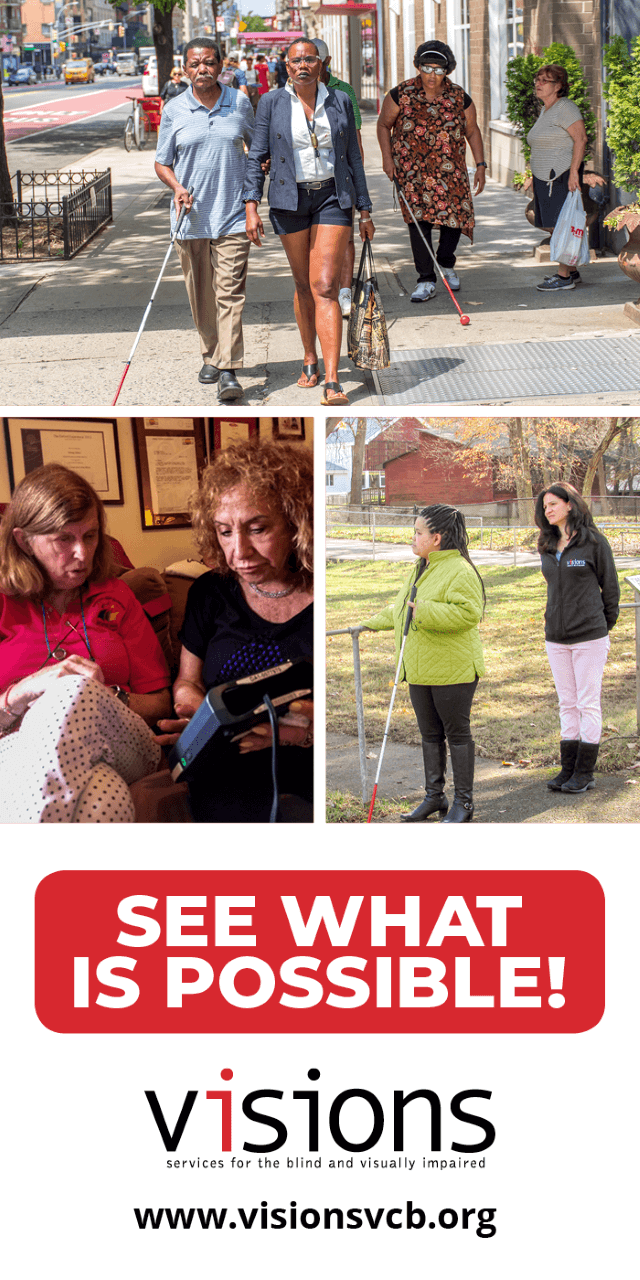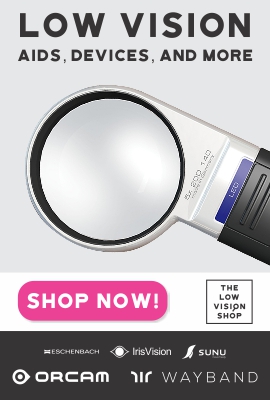When Selma Blair walked the red carpet at the Vanity Fair Oscar party, the world took notice. Using a custom made black cane, it was her first public appearance since announcing she had been diagnosed with multiple sclerosis (MS) last fall. Best known for her roles in the movies “Cruel Intentions,” “Hellboy” and “Legally Blonde,” the Hollywood bombshell followed up her Oscar debut with an emotional interview on “Good Morning America.”
Sitting in my living room, I found myself overcome with emotion as Blair told her story to Robin Roberts. Her candor, wit, and brutal honesty not only demonstrated her struggle with this vicious disease, but the love for her son was palatable. Advocates of the MS community have overwhelmingly agreed that Selma Blair has become the new “face” of the illness.
Seven years ago, I lost a majority of my eyesight after a long battle with an aggressive form of breast cancer. As the mother of two young daughters, I often find myself struggling against society’s perceived views about what parenting should look like. While what Blair has done for the MS community should be lauded and applauded, I think we’re missing a bigger piece of the picture. Selma Blair has provided the world with a teachable moment, beautifully exemplifying how an individual can actively and successfully parent while living with a disability.

Through both her bravery and transparency, Blair has helped to continue an important dialogue by dispelling many common stereotypes facing parents like myself. Here are six takeaways on disabled parenting, courtesy of actress Selma Blair.
1) It’s usually not hard to share our diagnosis with our children.
People often assume it’s difficult to talk about our disabilities with our kids. Our children are a part of us. They live with our disabilities as much as we do. It is far easier to be open and honest with our children as opposed to hiding things from them. Blair herself says it wasn’t hard to tell her son about her diagnosis as he had already seen her exhibiting symptoms for many years. The key to talking to children about any disability is doing it in a way that is both age appropriate and succinct. This keeps our children in the loop without perpetuating fear. Disabled parents know our kids are resilient and intelligent little people, which is why many of us choose to be as transparent as possible.
2) Our children are not our caretakers.
Our children do not take care of us! Despite our disabilities, we are the parents and we take great pride in that role. One of the most poignant takeaways from Selma Blair’s interview was when she said she always wanted her son “to feel safe, never responsible” for her. Creating a household environment that fosters a sense of security for our children requires a delicate balance on behalf of the disabled parent. We must prioritize our own self-care, develop good support systems and maintain an open dialogue with our kids. As disabled parents, it is our job to drive home the message, “Mommy or Daddy will always take care of you” and while we may adapt traditional parenting methods to get the job done, it doesn’t make our ability to raise a family any less impactful or effective.
3) We can’t do it all, and letting go of guilt is important.
Like any loving parents, we want to provide and take care of our children. On the days when our disabilities overcome us or when the symptoms make it too difficult to function, we know it’s OK to take a break. Blair admitted during difficult times she copes by staying in bed and not moving. “You just have to. You can’t do it all. It’s fine to feel really crappy. My son gets it, and now I’ve learned not to feel guilty.” Disabled parents know that self-care is not an indication of weakness. Rather, it is a sign the individual is completely in tune with how their disability reacts to their body. Being the best version of yourself when parenting with a disability means having the courage to know when you need to take care of “you.” We don’t have time to feel guilty about it.
4) When it comes to the medical community, we are our own best advocates.
Society teaches us from a young age that doctors are to be respected and revered. We entrust the medical community with our overall health and well-being. We often don’t question the people in the white coats because we don’t think we can. Real life isn’t an episode of “Gray’s Anatomy!” Nobody knows your body better than you. It becomes increasingly frustrating when a doctor or hospital dismisses your symptoms.
Blair sought help from medical professionals but struggled to get an answer because she was not taken seriously by doctors. She said many brushed off her symptoms as the result of her being an “exhausted single mother.” Thankfully, Selma thought outside the box. Using her Hollywood connections, she sought support from fellow actor Michael J. Fox, who has lived with Parkinson’s disease for nearly 30 years. Fox got in touch with her and the two began having conversations about life with illness. By having the courage to talk to someone about her experiences and by advocating for herself, Blair was finally able to receive an accurate diagnosis.
Parents with disabilities are our own best advocates. We need to take care our ourselves so we can take care of our children. If that means we have to question a few white coats, so be it.
5) Every case is different.
No two disabled parents are the same, even if they have the same diagnosis. In the midst of a flare-up, Selma’s interview showed the world what an aggressive form of MS both looks and sounds like. Blair explained her particular case of MS had impacted her speech by causing spasmodic dysphonia, a neurological condition involving involuntary spasms in the muscles of the voice box or larynx. It is important to remember that every case of MS (or any medical condition) is different. How one disabled parent exhibits symptoms may be completely different from another disabled parent. We can’t compare our circumstances to others, and society shouldn’t either.
6) You can be disabled AND happy.
Despite popular belief, disability does not equate to a constant state of misery. Many people who watched Blair’s interview seemed shocked that the 46-year-old Hollywood bombshell described herself as “happy.” Yes, happy! Parents living with disabilities can live happy, fulfilling lives. We work, socialize, attend PTA meetings, baseball games and our children’s school plays. We enjoy our friends, spouses, hobbies and communities. Much like our non-disabled counterparts, we find joy in watching our children learn, grow and experience the world. We don’t want, nor do we need, your sympathy.
Looking ahead, doctors say Blair may experience improvement in her condition, “Within a year, I could have 90 percent of my abilities back.” Blair followed up that statement with and “If I’m not and I can still have a conversation, that’s good enough.”
I have no doubt that Selma Blair will continue to take the next year of her life one day at a time. She will undoubtedly learn more about herself and how her body copes with her disease. Regardless of the outcome, her son Arthur will remain her priority. Disabled parents dig deep every single day. If her interview with “Good Morning America” is any indication of her attitude moving forward, Selma Blair will be just fine. She will continue to break down barriers for all disabled parents thorough her MS journey. and someday that little boy she obviously adores will find admiration in the mother who bravely shared her story with the world.
